If you owe money to a credit card company, bank, or other creditor, can they attach your pension or 401(k) account? In other words, can they take what you owe them out of your pension account before you receive it? In most cases, the answer is a definite "NO." Pension plans covered by ERISA (the Federal pension law) must contain the "anti-assignment and alienation rule," which states that money in the plan is not available to creditors. Similarly, creditors of the employer sponsoring the plan cannot attach plan assets, which are held in a trust and are not part of the employer's assets.
As usual, there are exceptions to the rule. For example, someone who commits fraud or a fiduciary breach that causes financial damage to the plan can have his or her account attached to repay the plan for the damage. Certain tax liens can be paid from plan assets. And pension assets can be considered part of the amounts to be split up during a divorce, using an agreement called a QDRO.
In a bankruptcy, pension assets are not considered as part of the "bankruptcy estate" to be split up among creditors. But the anti-assignment and alienation rule also means that you generally can't use your pension assets as collateral for a loan or other debt. And once the money is distributed from the plan, it is no longer protected.
Generally, retirement plans covered by ERISA afford broader protection than IRAs. State laws, rather than Federal laws, apply to the protection of the benefits in IRAs.
Overall, retirement plans can provide a very effective way to shield assets from creditors, as long as you're aware of the exceptions.
Math Tricks
If you ever have to multiply a number by 5 in your head, here's a shortcut: Multiply by 10, then divide by 2. For example, how much is 84 times 5? It's easy to multiply 84 times 10 and get 840, and then cut 840 in half and get 420.


